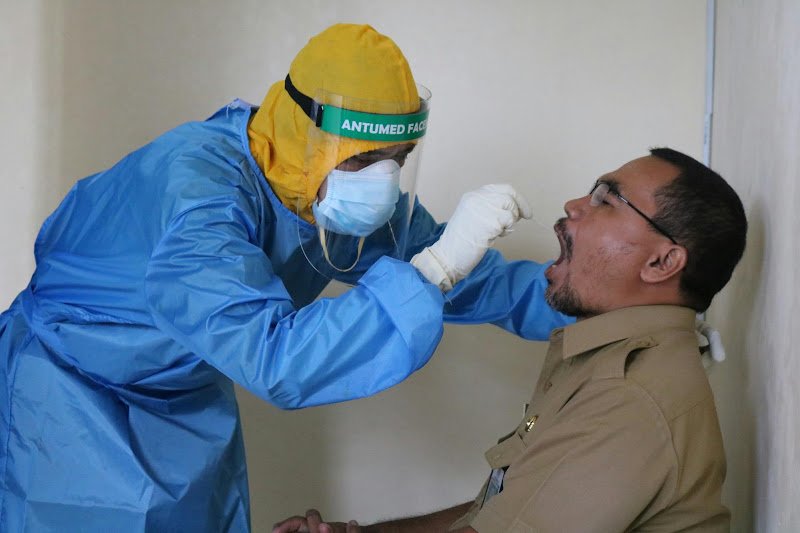
Unlocking Potential: The Benefits of Earning a Master’s in Community Health
One of the primary advantages of a master’s degree in community health is the comprehensive understanding it provides of the factors affecting population health. Graduates of these programs are equipped to identify and combat health disparities, which is crucial in the pursuit of equitable health care. With a focus on prevention and health promotion, students learn to develop programs and policies that can lead to healthier communities.
A deeper insight into global health trends enables graduates to predict and respond to emerging health challenges. Whether it’s dealing with pandemics, chronic disease management, or environmental health issues, a master’s in community health prepares professionals to take a proactive approach. This forward-thinking perspective is essential in an ever-changing health landscape.
Additionally, community health masters programs often involve interdisciplinary collaboration, providing a platform to learn from and with peers from diverse backgrounds. This enriching academic environment fosters innovation and creativity in addressing public health issues. It encourages the sharing of best practices and the development of robust professional networks.
The Impact of Advanced Education on Community Health Outcomes
An advanced degree in community health is more than just a career enhancer; it has a tangible impact on the health outcomes of communities. Graduates become well-informed advocates who can effectively communicate health risks and the benefits of healthy behaviors. By designing and implementing evidence-based interventions, they directly contribute to the reduction of disease prevalence and health disparities.
Moreover, a master’s degree in community health fosters an understanding of the cultural and socio-economic factors that shape health behaviors. Graduates can tailor programs to fit the unique needs of specific populations, which can be particularly impactful in underserved or marginalized communities. This cultural competence is vital for effective public health programming.
Graduates also play a crucial role in emergency preparedness and response. Armed with a wealth of public health knowledge, they are integral to designing plans and mobilizing resources for natural disasters, epidemics, or other public health crises. In these situations, their expertise can mean the difference between chaos and coordinated, effective action.
Networking and Professional Opportunities in Community Health![]()
Graduate programs often serve as a hub for networking, and this is especially true for master’s degrees in community health. Throughout their studies, students meet like-minded peers, faculty members, and industry professionals, forming connections that become valuable throughout their careers. These networks lead to collaborations, job leads, and lifelong professional relationships.
Many graduate programs also encourage or facilitate internships and fieldwork, offering students practical experience in their field of interest. Through these hands-on opportunities, students can apply the theories learned in the classroom to real-world situations. This experience is highly regarded by employers and can set graduates apart when seeking employment.
Conferences, seminars, and workshops are other facets of the networking landscape, which graduates can access more readily with a master’s degree. Presenting at these events, whether as a speaker or a participant, further develops one’s professional profile and contributes to the broader public health discourse.
The Role of Research and Evidence-Based Practice in Graduate Studies
Community health master’s programs place a strong emphasis on utilizing evidence-based practice and engaging in research. This commitment to scientific inquiry ensures that graduates are making decisions based on the most current and valid data available. They are trained to critically evaluate research findings and integrate these insights into their work.
Furthermore, these graduate programs often offer opportunities to participate in cutting-edge research projects. Students collaborate with faculty members on studies that can have wide-reaching implications for health policy and community interventions. Engaging in this research not only builds vital analytical skills but also contributes to the overall body of knowledge in the field.
Overall, the pursuit of a Master’s in Community Health unlocks a wealth of opportunities and equips professionals with the skills necessary to make substantial contributions to public health. Whether through advanced career prospects, enhanced community outcomes, robust professional networks, or a dedication to evidence-based practice, the benefits of this degree are far-reaching and vital for the collective well-being of society.







